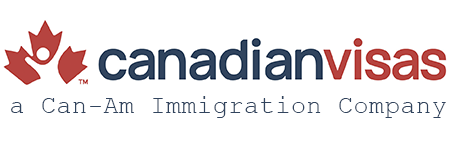Canada’s immigration system, which prioritizes selecting skilled immigrants, is having a positive impact on the overall educational attainment of the country. Statistics Canada reports that immigration is a key factor behind a rise in the number of residents with bachelor’s degrees, with racialized women leading the surge.
Educated Arrivals: A Boon for the Economy
Canada’s point-based Express Entry system awards points for factors like education and work experience. This system successfully attracts skilled immigrants who are more likely to integrate into the workforce quickly. A study by the Canadian Centre for Policy Alternatives found that immigrants with Canadian work experience contribute significantly to the economy through their skills and knowledge.
The influx of educated immigrants is particularly beneficial for certain sectors. A report by the Conference Board of Canada highlights that immigrants fill crucial skill gaps in science, technology, engineering, and mathematics (STEM) fields. This not only benefits the national economy but also fosters innovation across various industries.
Racialized Women: Leading the Charge
The data shows a remarkable trend among racialized women. Statistics Canada reports that in 2021, 48.4% of racialized women between the ages of 25 and 64 held a bachelor’s degree or higher. This surpasses the rate for racialized men (46.5%) and the national average (32.9%).
Ver esta publicación en Instagram
There are a few possible explanations for this trend. Racialized women may be coming from countries with strong educational systems that emphasize female education. Additionally, they may be driven by a desire to overcome potential barriers in the job market.
Challenges Remain
While Canada’s immigration strategy is fostering a more educated population, there are still challenges to address. Many newcomers face difficulties getting their foreign credentials recognized. This can prevent them from working in their chosen fields and lead to underemployment.
Another challenge is ensuring language proficiency, particularly French in Quebec. Language training programs are essential to help newcomers reach their full potential in the Canadian workforce.
Overall, Canada’s immigration strategy is proving successful in raising educational attainment levels across the country. Addressing the challenges faced by newcomers, particularly with credential recognition and language training, will further enhance the positive impacts of immigration on Canada’s economy and society.





0 Comments